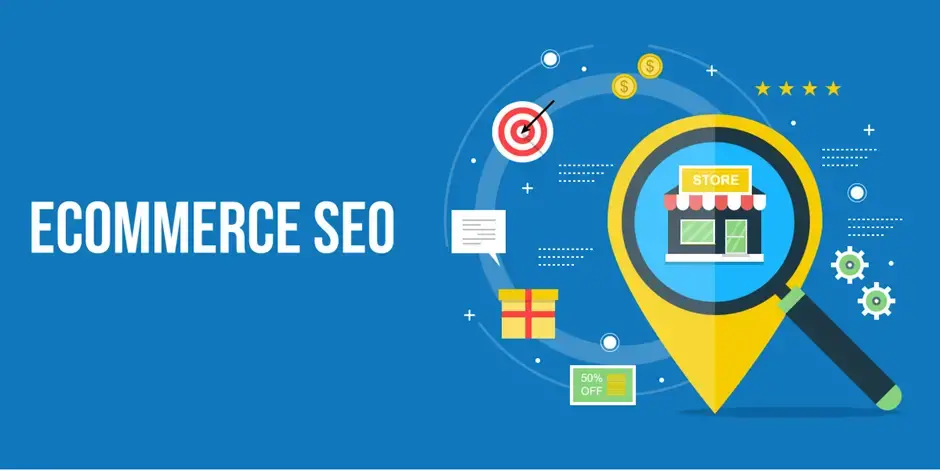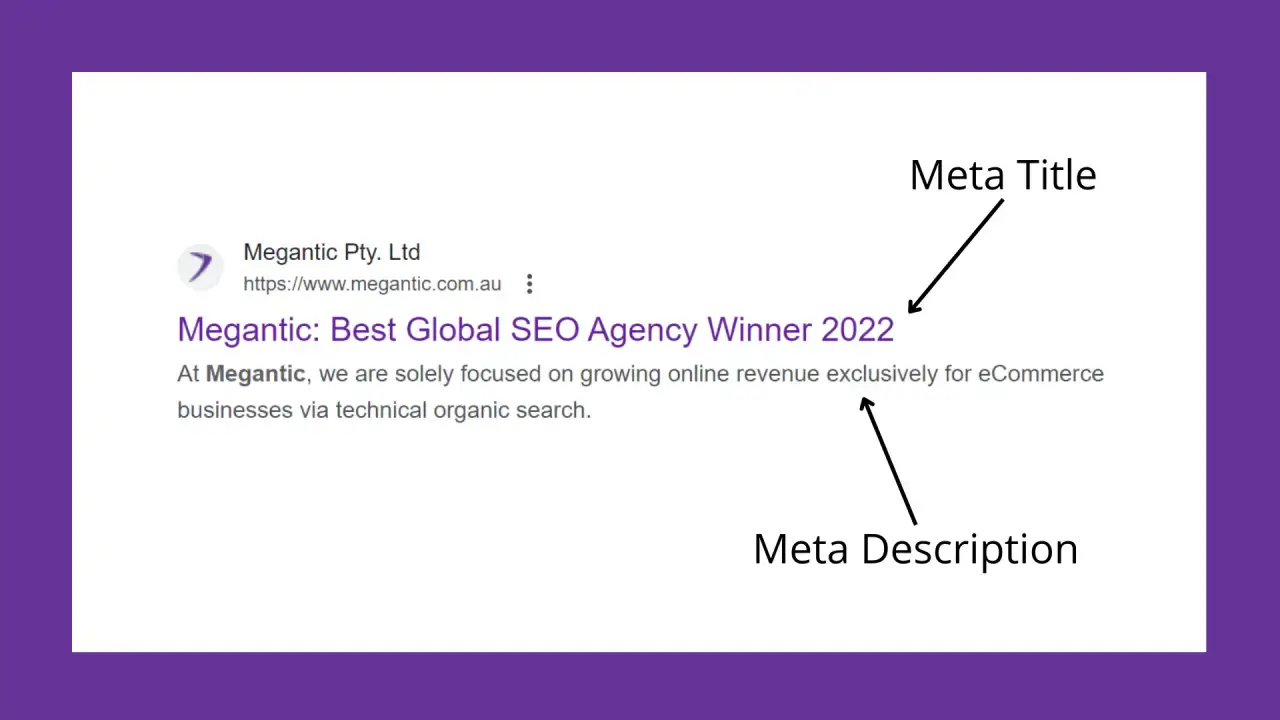
In this article, we delve into E-commerce SEO, exploring key concepts, best practices, and actionable tips for success.
At its core, E-commerce SEO revolves around optimizing product pages, category pages, and other elements of an online store to rank higher in search engine results. Unlike traditional SEO, e-commerce SEO requires a nuanced approach due to the dynamic nature of product listings, seasonal trends, and fierce competition.
Key Components of E-commerce SEO
Keyword Research: Identifying relevant keywords is the foundation of any successful SEO campaign. For e-commerce websites, this involves researching keywords with high search volume and purchase intent, such as product names, model numbers, and specific attributes. Utilize keyword research tools like Google Keyword Planner, SEMrush, or Ahrefs to uncover valuable keywords and phrases.
On-Page Optimization: Optimize product pages by incorporating target keywords into titles, meta descriptions, headings, and product descriptions. Ensure that content is unique, informative, and tailored to address customer needs and concerns. Additionally, optimize image alt tags, URLs, and internal linking structure to enhance crawlability and user experience.
Site Architecture: A well-organized site structure is crucial for both users and search engines. Create logical categories and subcategories that facilitate easy navigation and discovery of products. Implement breadcrumbs, filters, and sorting options to improve usability and guide visitors to relevant products efficiently.
Technical SEO: Technical aspects play a vital role in e-commerce SEO. Conduct regular audits to identify and address issues such as duplicate content, broken links, slow page load times, and mobile responsiveness. Optimize website performance, leverage schema markup, and implement HTTPS encryption to enhance crawlability and earn trust from search engines.
Content Marketing: Content is king in the digital realm, and e-commerce websites can leverage content marketing to attract and engage potential customers. Create high-quality blog posts, buying guides, tutorials, and product reviews that provide value to users and encourage social sharing and backlinking.
User Experience (UX): A seamless user experience is paramount for e-commerce success. Optimize site speed, simplify checkout processes, and implement intuitive navigation to reduce bounce rates and maximize conversions. Leverage user-generated content, such as reviews and testimonials, to build trust and credibility with prospective buyers.
Local SEO: For brick-and-mortar stores with an online presence, local SEO strategies are essential for attracting nearby customers. Claim and optimize Google My Business listings, localize content, and encourage customer reviews to improve visibility in local search results.
Measuring Success and Iterating Strategies
Effective e-commerce SEO requires ongoing monitoring, analysis, and optimization. Utilize tools like Google Analytics, Google Search Console, and third-party SEO platforms to track key metrics such as organic traffic, keyword rankings, conversion rates, and revenue. Analyze performance data to identify strengths, weaknesses, and opportunities for improvement, then iterate strategies accordingly.
Conclusion
In the fiercely competitive world of e-commerce, mastering SEO is indispensable for driving organic traffic, increasing conversions, and staying ahead of the competition. By understanding the nuances of e-commerce SEO, implementing best practices, and continually refining strategies based on data-driven insights, online retailers can enhance visibility, build brand authority, and ultimately drive sustained business growth in the digital age.











